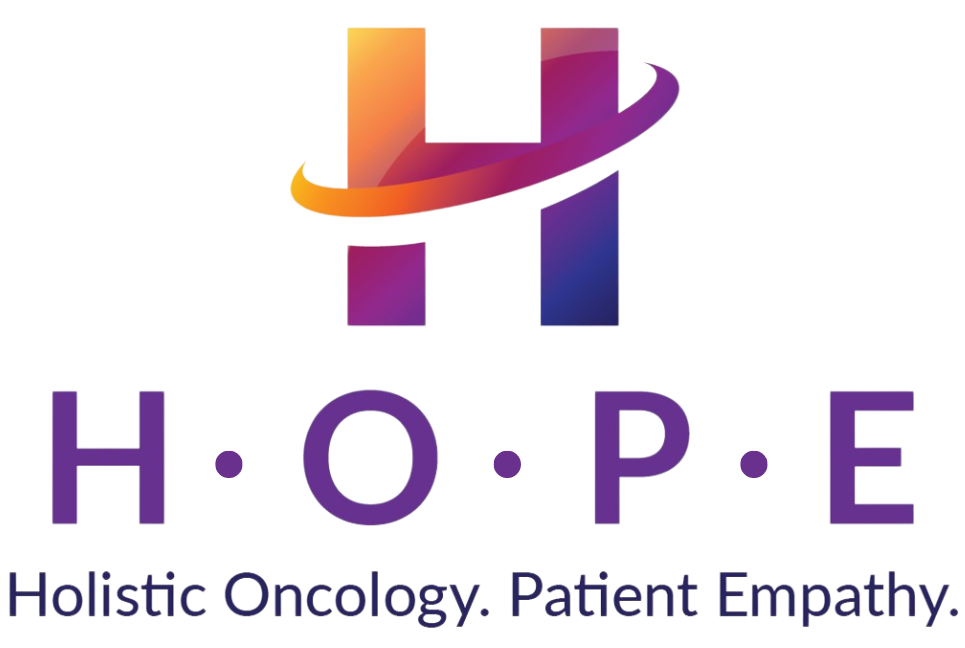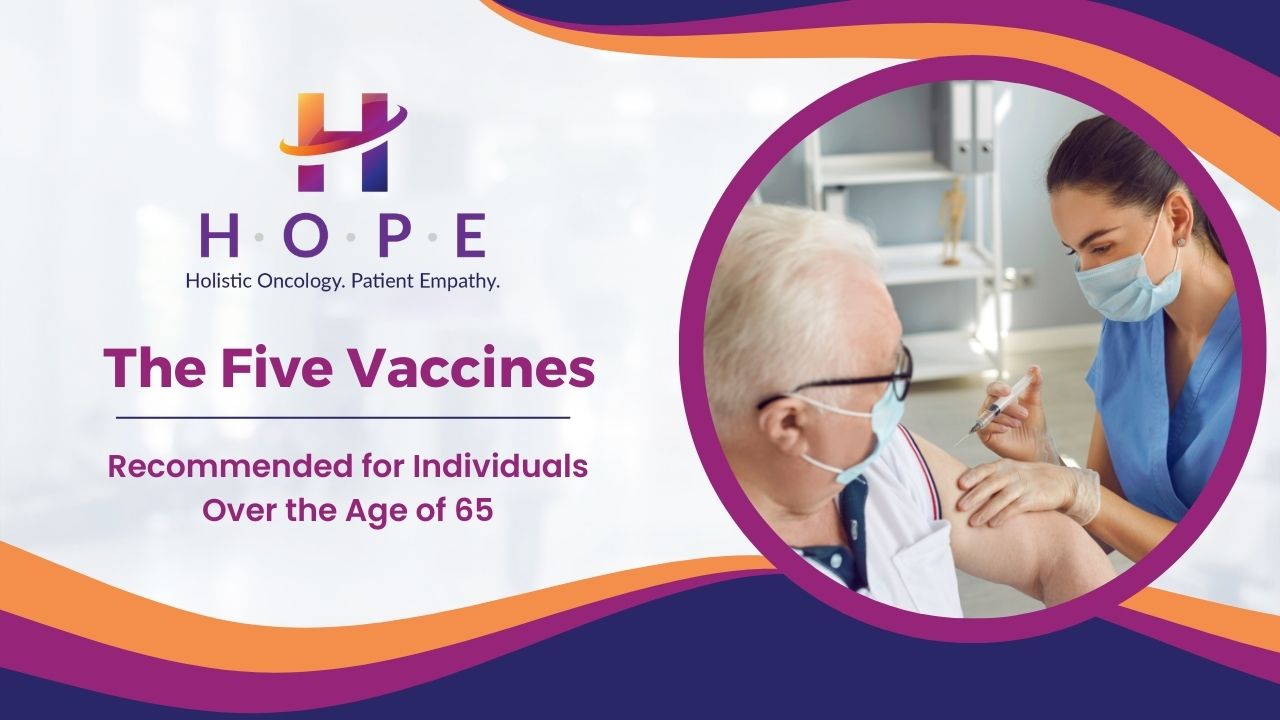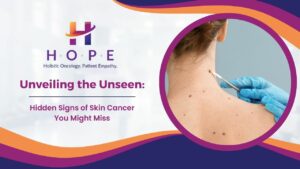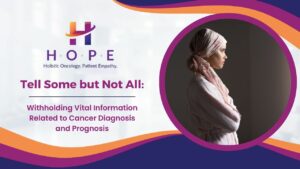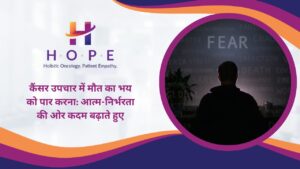As we age, maintaining good health becomes a top priority, and vaccination plays a pivotal role in achieving this goal. While vaccines are often associated with childhood, they are equally crucial for adults, especially those aged 65 and older. In this article, we will explore the importance of vaccines for this age group, discussing specific vaccines recommended to safeguard their well-being.
The Changing Immune Landscape in Aging Adults:
Aging brings about a natural decline in the immune system’s efficacy, making older adults more susceptible to various diseases. The immune response weakens, leaving individuals aged 65 and above vulnerable to infections that can have severe consequences. Understanding this dynamic is essential to grasp the significance of vaccinations in this demographic.
The Five Essential Vaccines for Adults Over 65:
- COVID-19 Vaccine: The ongoing global pandemic has highlighted the importance of vaccination, particularly for older adults who face a higher risk of severe outcomes from COVID-19. The vaccine not only reduces the chances of infection but also minimizes the severity of illness. Despite its effectiveness, individuals who have had COVID-19 are encouraged to receive the vaccine for prolonged immunity.
- Influenza (Flu) Vaccine: Influenza poses a significant threat to older adults, and the flu vaccine is a crucial preventive measure. Recommended for everyone aged six months and older, with special emphasis for those over 65, this vaccine may not provide complete immunity due to the virus’s ability to mutate. Nevertheless, its annual administration is vital in reducing the risk of severe flu-related complications.
- Pneumonia Vaccine: Pneumonia is a serious concern for older individuals, and two vaccines, PCV13 (Prevnar 13) and PPSV23 (Pneumovax23), are recommended for those aged 65 and older. Administered one year apart, these vaccines provide enhanced protection against different bacteria and viruses causing pneumonia. The success of these vaccines is evident in the substantial decrease in pneumonia rates.
- Shingles Vaccine: Caused by the varicella-zoster virus, shingles can be both painful and debilitating. The shingles vaccine, with about 50% effectiveness between the ages of 65 and 70, is a crucial preventive measure. While it cannot eliminate the virus entirely, it significantly reduces the likelihood of shingles reemerging. Timely vaccination is essential as effectiveness decreases with age.
- Tetanus and Pertussis: Tetanus, caused by soil-borne bacteria, requires a booster every 10 years. The combination tetanus-pertussis vaccine is recommended for adults in contact with infants, as pertussis can be serious for vulnerable populations. Overlooking the need for tetanus boosters can have severe consequences, emphasizing the importance of staying up-to-date with vaccinations.
Dispelling Myths and Addressing Barriers:
- Vaccines Are for All Ages: One common misconception is that vaccines are solely for children. However, vaccines are equally important for adults, and this misconception can be a barrier to immunization. Overcoming this myth is essential for ensuring that adults, especially those over 65, recognize the value of vaccines in preserving their health.
- Addressing Barriers to Adult Vaccination: Several barriers, including lack of physician recommendations, incorrect assumptions, and fears of needles or side effects, contribute to lower immunization rates in adults. Understanding and addressing these barriers are crucial steps in increasing vaccine uptake among older adults. Healthcare providers play a pivotal role in recommending and educating their patients on the importance of adult vaccinations.
- The Safety of Vaccines for Older Adults: It’s essential to address concerns about vaccine safety, particularly in older adults. While the effectiveness of some vaccines may decrease with age, the risks associated with vaccination are minimal compared to the potential benefits. Serious complications are rare, and the benefits far outweigh the risks, making vaccines a safe and effective preventive measure for individuals aged 65 and above.
- The Role of Healthcare Providers: Effective communication between healthcare providers and older adults is key to ensuring widespread vaccine acceptance. Physicians should initiate conversations about vaccinations during routine check-ups, assess individual risk factors, and provide personalized recommendations based on health conditions and lifestyle.
Conclusion:
In conclusion, vaccines are indispensable tools in safeguarding the health and vitality of adults aged 65 and older. As the aging population continues to grow, promoting awareness, dispelling myths, and addressing barriers to vaccination are essential for ensuring that older adults receive the recommended vaccines. By prioritizing immunization, we can contribute to a healthier and more resilient aging population, allowing individuals to enjoy their later years with greater well-being and reduced risk of preventable diseases.
